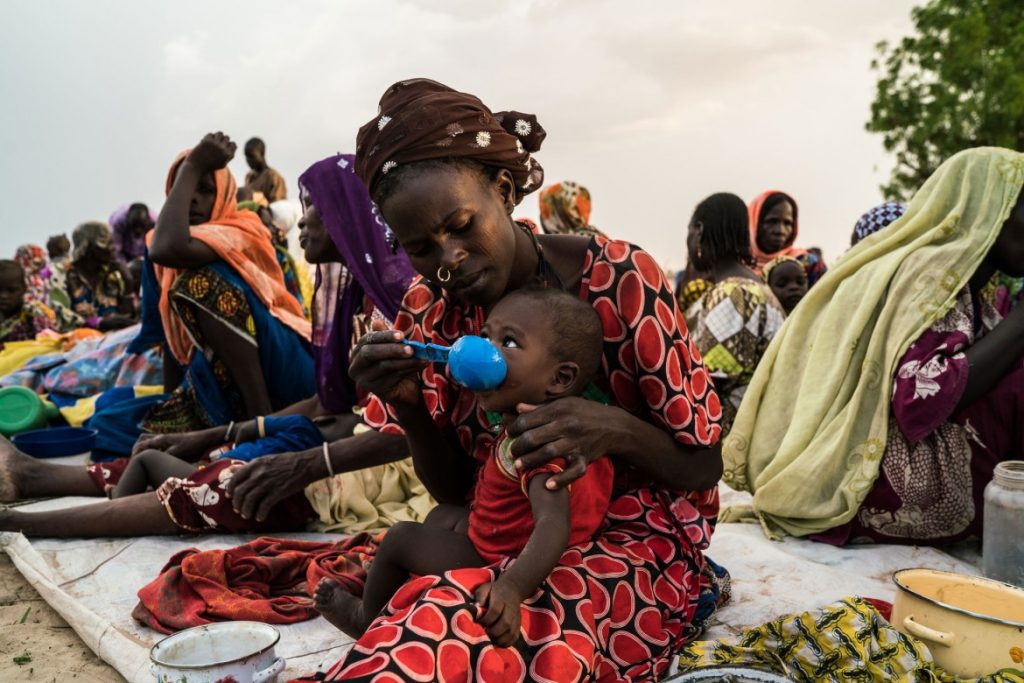The United Nations (UN) is facing challenges in getting enough funding to help people in Nigeria’s northeastern region who are struggling with severe food shortages due to ongoing violence from Islamist militants.
This situation has sparked fears of widespread hunger and deaths, according to the UN’s coordinator in the area.
In April, the UN Office for the Coordination of Humanitarian Affairs (OCHA) launched a plea for $306 million to aid 2.8 million people in Borno, Adamawa, and Yobe states, where conflict has disrupted food supplies during the lean season, when food is scarcest.
So far, Nigeria and the UN have pledged $11 million each, but international donors have been slow to contribute.

Mohamed Malick Fall, head of the UN’s humanitarian efforts, said they are far from reaching their funding goal.
He expects they may only receive $300 million, down from $500 million last year, due to economic hardships caused by COVID-19 and competing crises in places like Gaza, Ukraine, and Sudan.
Nigeria’s own economic challenges, including high inflation and soaring food prices, have made the situation worse.
The UN warns that without immediate help, the consequences could be catastrophic, particularly for children. Already, over 120,000 children in the region have been treated for severe malnutrition this year, exceeding annual targets.
Fall stressed the urgent need for action to prevent more deaths among children and to mitigate the worsening humanitarian crisis in northeast Nigeria.


